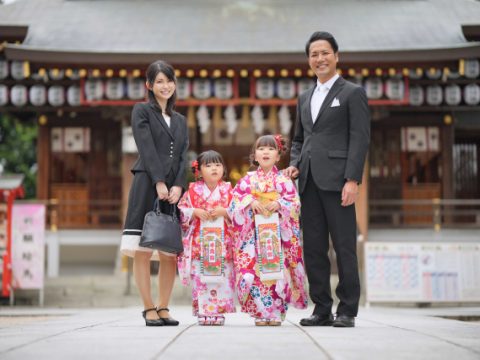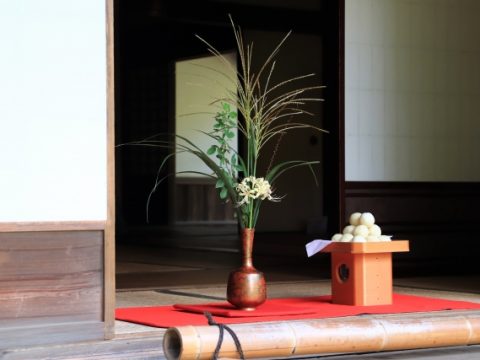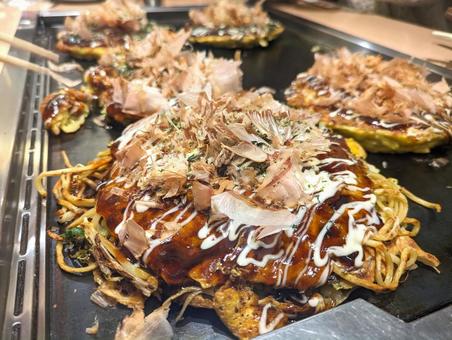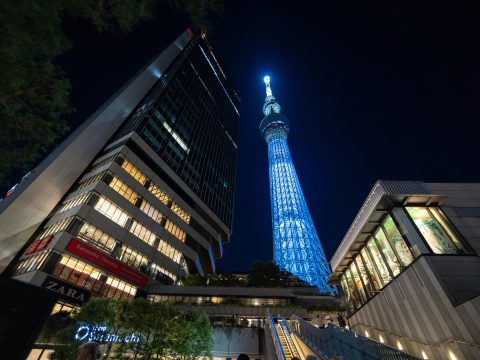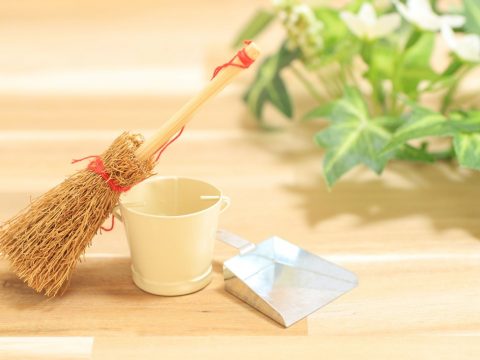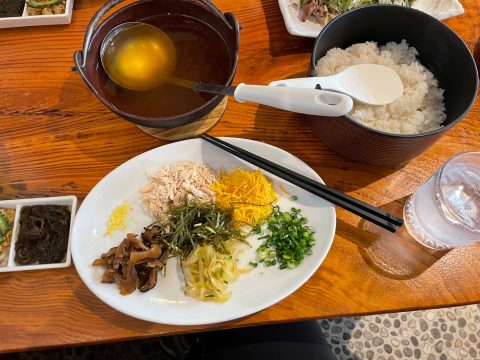Amazake (甘酒)
JAPANESE FOODS
15.02.2023

Happy New Year, 2023!
New Year’s Day is one of the biggest holidays in Japan. The first three days are called “Sanganichi.” People gather with family and eat special foods and drinks to celebrate the new year during these first three days.

When I think of Japan’s new year’s celebration, I always think of Osechi (おせち:Traditional New Year’s Day Foods) and Amazake (甘酒). Amazake is literally written as “Sweet (甘) Sake (酒).” It is either a low-alcoholic or non-alcoholic beverage enjoyed during the celebration. Amazake can be enjoyed cold or hot, but because we usually drink during the cold season, it is mainly enjoyed hot.
What is Amazake?
Amazake is a fermented rice drink that has been enjoyed in Japan for at least 1300 years. The one with low alcohol is made with sake kasu or sake lees. It is a byproduct of making Sake; basically a leftover after pressing Sake. Because it is from making Sake, it contains a low amount of alcohol. The other kind, without any alcohol, is made with rice Koji. Rice Koji is cooked rice inoculated with fermentation culture, Aspergillus oryzae. Koji is also used to make soy sauce, Mirin, and Miso.

Which is better?
If you like the flavor of Sake and it is only served to adults, Amazake made with Sake Kasu would be very enjoyable.
If you do not like sake flavor or are also serving children and pregnant women, Amazake made with Koji would be a better choice. Koji is also known to have a lot of health benefits. It is an excellent source of probiotics, rich in vitamin B1, Vitamin B12, and Vitamin B6. It also contains folic acid, dietary fiber, oligosaccharides, cysteine, arginine, and glutamine. So if you would like some health benefits while enjoying a comfort drink, it would be an excellent choice for you to try.
If you would like to learn more about traditional new year’s food, check out the article “Japanese New Years food”.

Eri Palmer
Eri grew up in Japan. She came to U.S. as an international student, and decided to stay in the country. Cooking is one of her passions, and she loves to cook Japanese food for her children.
Read previous articles by the writer
Read latest articles
KEYWORDS
- # PICKPICK
- # Resume
- # alcohol
- # Rice
- # Soup
- # winter food
- # Fast Food
- # seafood
- # spicy foods
- # raw food
- # fermented food
- # Transportation
- # MEAT
- # Edo culture
- # suits
- # clothing
- # drink
- # fish
- # seasoning
- # Japanese New Years Foods
- # Toshikoshi soba
- # Osechi Ryori
- # Ozoni
- # Christmas
- # Japanese fusion pasta
- # Wafu Pasta
- # Japanese Hot Pot
- # なべ
- # 鍋
- # Miyazaki
- # Chicken Nanban
- # Karamen
- # Autumn Wagashi
- # Mushi-yokan
- # Imo-yokan
- # Japanese Autumn Fruits
- # Autumn
- # Vending Machine
- # fall
- # dango
- # Chestnut rice
- # saury
- # Mushroom
- # Rice vinegar
- # Japanese condiments
- # 調味料
- # Sake
- # Mirin
- # Soy sauce
- # Japanese Noodles
- # Udon
- # Ramen
- # Yakisoba
- # Soba
- # Japanese Seaweed
- # 海藻
- # かいそう
- # Payslip
- # Training
- # Japanese summer foods
- # 和菓子
- # Wagashi
- # ryokucha
- # 夏
- # 飲み物
- # Ramune
- # ラムネ
- # Pokari Sweat
- # ポカリスエット
- # Calpis
- # カルピス
- # Mugicha
- # ume
- # 梅
- # うめ
- # umeshu
- # job hunting
- # tofu
- # Recruitment in Japan
- # miso
- # Japanese cuisine
- # Yellowtail and bonito
- # Children’s Day
- # Kashiwa Mochi
- # Chimaki
- # fruits
- # Kusamochi
- # Types of Agriculture in Japan
- # bread
- # パン
- # パン屋さん
- # japanese bread
- # shokupan
- # meal blead
- # anko bread
- # 桜
- # さくら
- # cherry blossom
- # visa
- # hanami
- # omotenashi
- # sakura
- # おもてなし
- # Japanese hospitality
- # oshibori
- # wet hand towel
- # hand towel
- # restaurant
- # Commuting in Japan
- # Women-only cars
- # Exit gate
- # japanese train
- # train
- # valentine
- # Japanese sweets
- # 朝食
- # Japanese Breakfast
- # Breakfast
- # Japanese
- # 日本
- # healthy
- # persimmons
- # hoshigaki
- # HR
- # work in Japan
- # jinji ido
- # corporate systems
- # Japanese work culture
- # bento
- # ekiben
- # shinkansen
- # omiyage
- # train station
- # Japanese culture
- # work culture
- # mentaiko
- # umeboshi
- # Japanese snacks
- # potato chips
- # Japanese potato chips
- # Japanese writing
- # seaweed
- # konbu
- # ocean foods
- # shio konbu
- # dashi
- # miso soup
- # food processing
- # pear
- # nashi
- # sweet potato
- # japanese sweet potato
- # stingray
- # satsuma imo
- # food value chain
- # homecooking
- # agriculture
- # Japanese homecooking
- # farming
- # nikujaga
- # shojin ryori
- # meat and potatoes
- # traditional foods
- # comfort food
- # buddhist food
- # manufacturing
- # factory
- # eihire
- # vegetarian
- # food and beverage
- # izakaya
- # yatai
- # japanese festival
- # taiyaki
- # matsuri
- # summer
- # Ikayaki
- # smart agriculture
- # shaved ice
- # kakigori
- # かき氷
- # summer dessert
- # Japan
- # Japanese foods
- # dessert
- # fruit
- # matcha
- # icecream
- # Pikcup
- # Pikc up
- # Pcikup
- # skilled labor visa
- # working visa japan
- # Dineer Table in Japan
- # Japanese manner
- # Japanese food
- # Japanese Table Manner
- # Chopsticks
- # Japanese traffic signs
- # traffic information
- # road rules in Japan
- # chocolate
- # green tea
- # Osaka
- # Work Japan
- # Japanese company
- # ikura
- # sushi
- # nigiri
- # wasabi
- # PCIK
- # PICK UP
- # PICK
- # PICKUP


